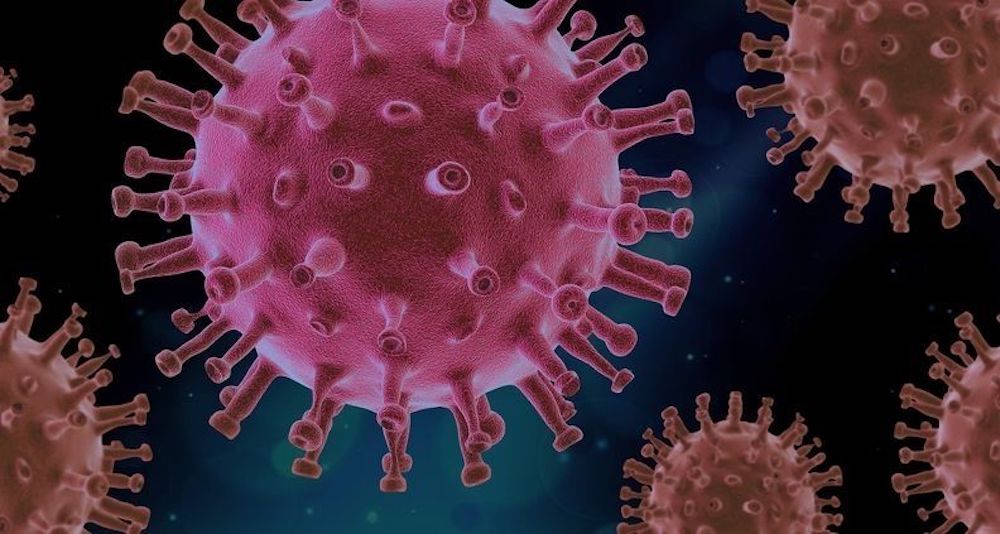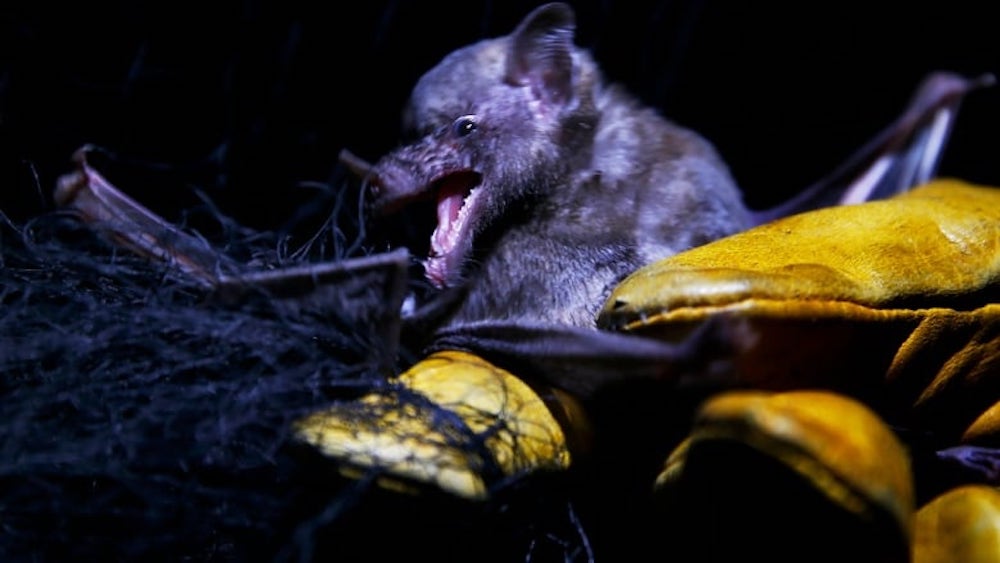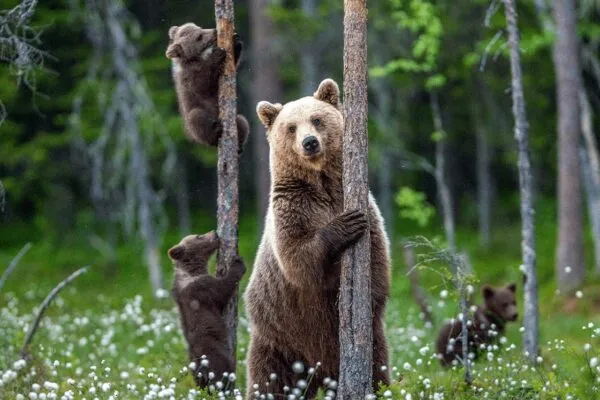Study Highlights Risk of Cross-Species Diseases With Climate Change
A new study published in the journal Nature found that around 15,000 new cross-species viral transmissions are most likely to happen by 2070
The increasing climate change is not just a threat to the environment but to humans as well. According to a new study, changing climatic conditions will lead to thousands of new cross-species diseases by 2070. It means that humans are at higher risk of new upcoming infectious viruses spread from animals to humans.
This is most likely to happen in the tropical regions of Asia and Africa continents, which are the major hotspots for the deadly spread of viruses from animals to humans and vice-versa for many years. For instance, the COVID-19 pandemic caused by the coronavirus (SARS-CoV-2) virus showed the world how deadly animal-related diseases can impact humans. Some other animal-spread diseases that humans have already experienced are HIV, flu, and Ebola.
Looming cross-species diseases
Researchers, who recently published their searches in the journal Nature, made a model for examining how more than 3,000 mammal species might share viruses and migrate in the coming 50 years. This would happen as the world is getting warmer with each passing day.

Image: Modern Healthcare
According to the scientists, the cross-species virus spread more than 4,000 times just only among mammals. So far, marine animals and birds have not been part of this study. Scientists say that most viruses will spread from animals to humans. Or even worse, they will become more of pandemics, just like the coronavirus.
Hotspots for cross-species infection
The common hotspots for cross-species transmission from animals to humans are possible in expanding human territories. And, the transmission will increase with the direct, as well as indirect interaction. For instance, markets, farms, or other public places are the major examples of a hotspot for cross-species infection.

Image: CBC
This new development spells another threat to our survival amongst other things to worry about. If this is not kept under check or shunned before it evolves into an uncontrollable problem, the fate of the human beings on the planet is at grave risk in coming decades.
Via: ABCNews


